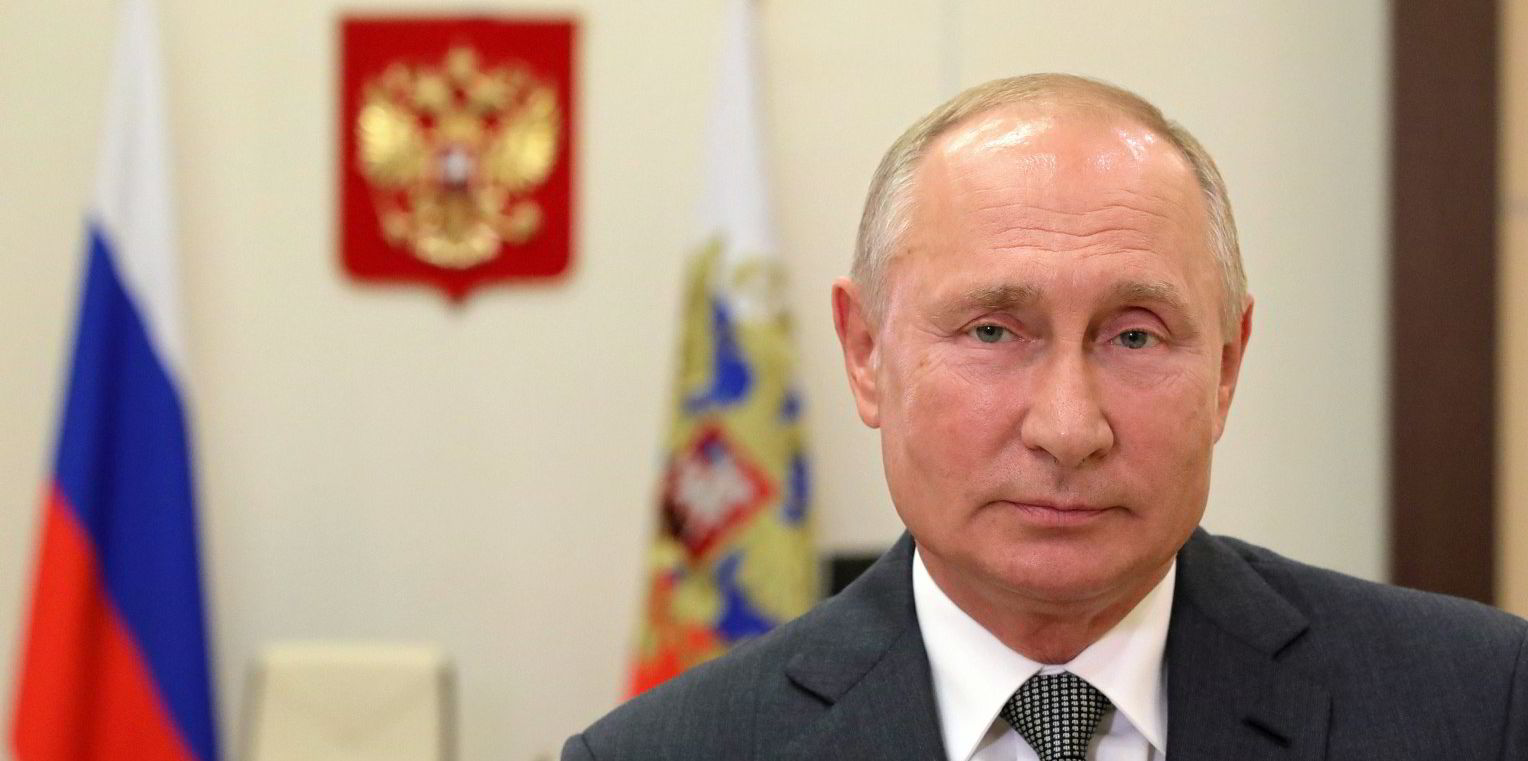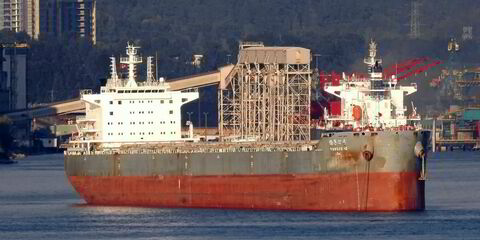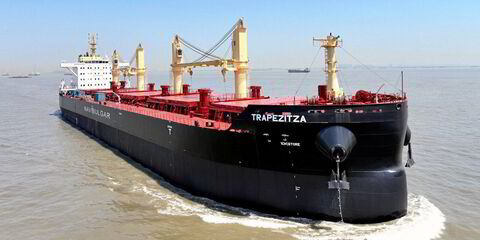Shipowners continue to suffer huge losses every day due to the actions of Russia, and urgently need support and lobbying at the global level as parties discuss renewing the United Nations’ Black Sea Grain Initiative.
The rights of shipping under international law demand that all non-military cargo, not just grain, should be free to leave Ukraine and that the ports of the Mykolaiv region in the south of the country should be unblocked now.
At the time of the Russian invasion on 24 February, about 100 foreign vessels were loaded with various types of cargo in Ukrainian ports. At the beginning of the full-scale war, merchant ships were hit by missile attacks causing recorded cases of constructive total loss.
Ukraine is one of the largest exporters of grain cargoes, ores and metal products, so it was crucial to ensure a safe corridor for merchant vessels and avoid a global food crisis.
First, the Danube River ports of Reni and Izmail began to ramp up operations, accounting for 30% of Ukrainian exports during the war; later, after diplomatic agreements created the basis for unblocking Ukrainian ports, the grain agreement involving Ukraine, Russia, Turkey and the UN was concluded.
Since August, more than 500 voyages have been made under the agreement, and about 10.2m tonnes of grain have been exported from Ukraine.
However, the ports and terminals of the Mykolaiv region remained blocked.
After another attempt by Russia to disrupt the agreement, it was resumed on 2 November and the movement of ships continued, but with a big decrease in the number of inspections of ships per day.
Since 24 February, a significant number of ships in the ports of Ukraine loaded with metal products and fertilisers — in other words, neither food cargo nor military cargo — have still not been able to leave port and continue their voyages.
Moreover, Ukraine needs imports for various purposes, which cannot now be delivered by sea, as there is a certain risk of attack by Russian warships. This disrupts normal commercial shipping and threatens the lives of seafarers, vessels and cargo losses.
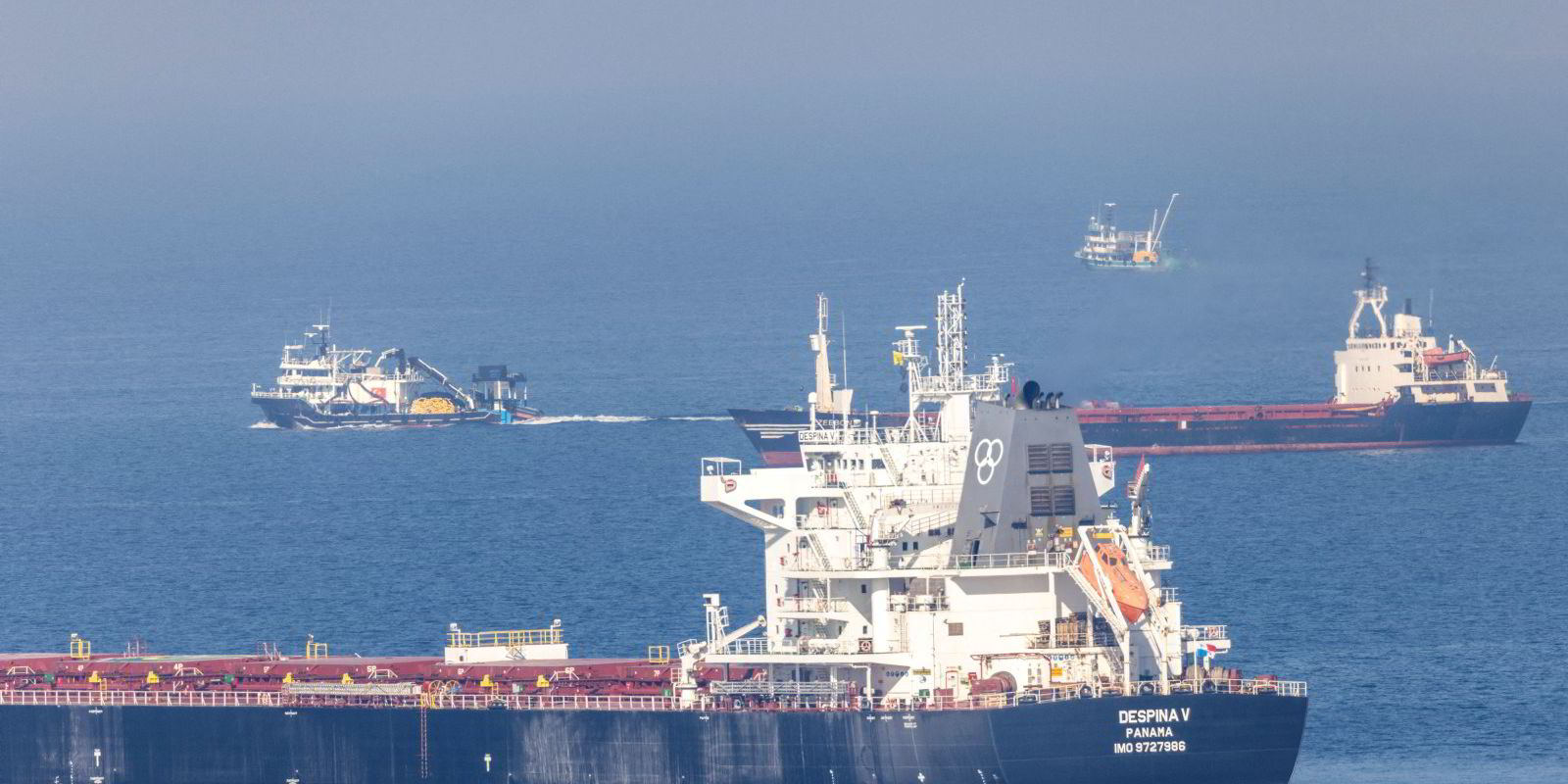
Safety must definitely come first, but isn’t the current situation in the Black Sea out of balance in the context of other cargoes (not grain) and other types of ships, tankers or container ships, which should enter and depart Ukrainian ports without obstacles?
What about the right of innocent passage and the use of the sea for peaceful purposes, under the 1982 UN Convention on the Law of the Sea?
Since 2014, Moscow has continuously violated international maritime law. Now shipping has incurred considerable losses due to the Russian war: the safe import/export of all categories of cargo, increased insurance premiums, war risks, cancellation of charterparty and most important, risks of safe navigation.
Black Sea ports are either in the zone of active hostilities or are under occupation.
The UN grain agreement is formally valid until 19 November, and last week the authorities of Turkey and Ukraine announced their intention to try to extend the agreement for a year until November 2023.
In addition, Ukraine is fulfilling all its contractual obligations, so the intention to expand the agreement to other Ukrainian-controlled ports and other types of cargo is understandable.
But in my opinion, the agreement should include all non-military goods, including exports and imports, and allow all types of vessels to make calls to all Ukrainian ports without any restrictions.
It is necessary to immediately consider unblocking the ports of the Mykolaiv region and creating a safe sea route to the ports of Mykolaiv, Olvia, Nika-Tera and Dnipro-Buzky.
About 30 foreign merchant vessels remain blocked in Mykolaiv ports. Most of these vessels are loaded and potentially ready to leave if safe passage is provided.
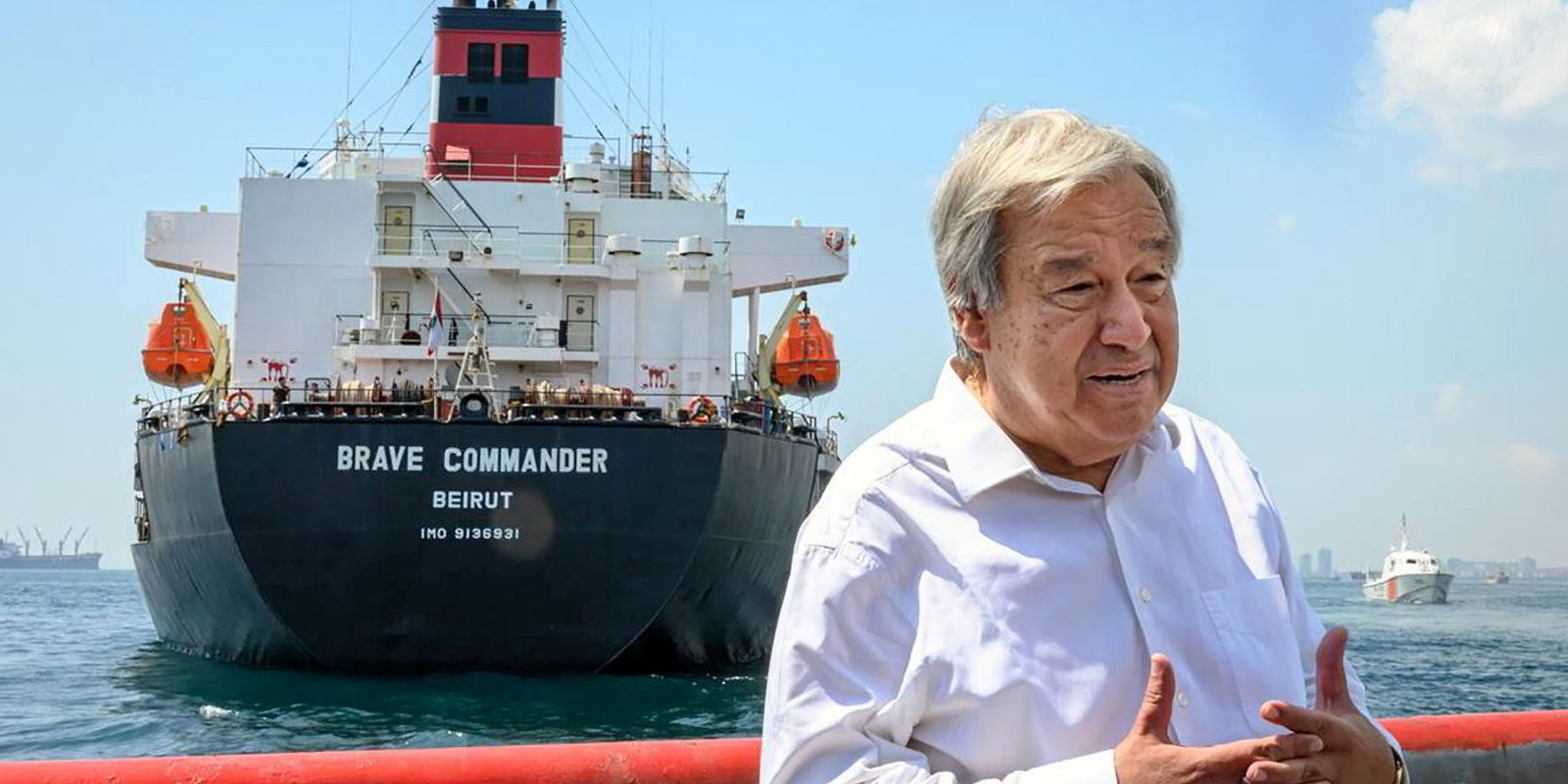
Each day shipowners suffer huge losses due to the actions of Russia. They need support and lobbying for common interests regarding the export/import of all non-military cargo and the unblocking of ports of the Mykolaiv region.
The goal of the world community and shipowners should be to stabilise port calls with minimal risks to the safety of ships and crew.
The effectiveness of the grain corridor should serve as a clear signal not only that the continuation of the agreement will be successful, but also its expansion to other non-military cargoes and other Ukrainian ports, in particular Mykolaiv, will be an important step towards improving merchant shipping in the Black Sea region.
Only the joint actions of the maritime industry will make it possible to make Russia bear responsibility for violations of international maritime law and improve the economic situation.
Evgeniy Sukachev is senior partner of Odesa’s Black Sea Law Co
and a board member of the Ukrainian Maritime Law Association.
Do you have an opinion to share?
Email: news@tradewindsnews.com

